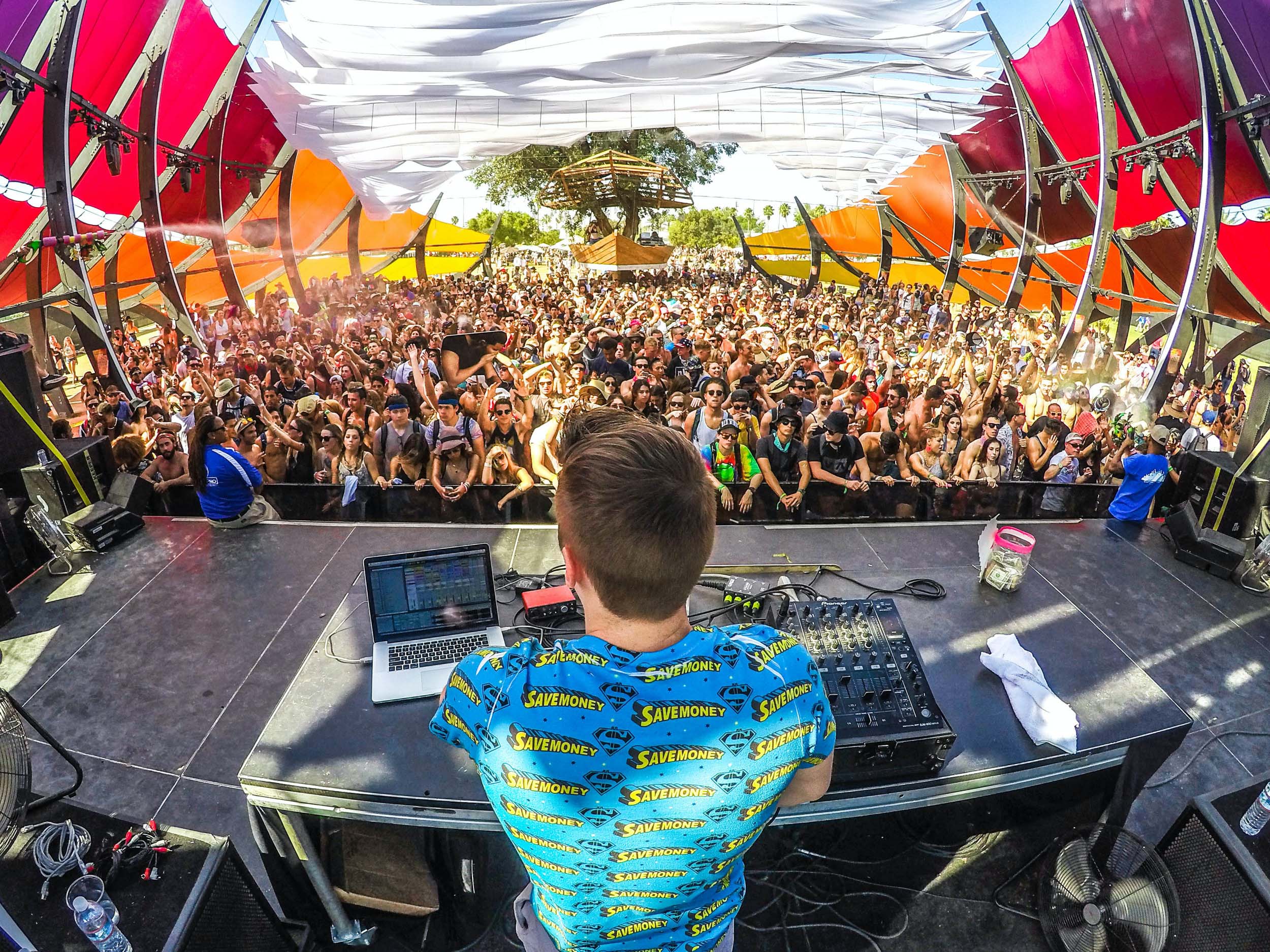Individuation, Individual Choice and Crowd Psychology

This last week, along with all of our other challenges, we have had a stark object lesson in crowd psychology and the madness of crowds. How is this important for us, now?

Not surprisingly, I’m referring to the recent riot at the Capital in Washington, D.C. In this shocking event, many otherwise ordinary people were swept up by crowd psychology into a mass storming of the primary seat of legislative government in the U.S. This led to very graphic negative consequences. These included the deaths of five individuals and a collective sense of desecration shared by many Americans, and by pro-democracy people the world over.
Stress, High Emotion & Group Think
It’s a fact that, in times of great stress and anxiety, events like this riot are more likely to occur. When individuals are highly stressed, and there are powerful emotions at play, as was the case at this pro-Trump gathering, it becomes easier for individuals to get caught up in crowd psychology, and to surrender their own personal sense of judgment and decision-making to the mob. Such crowds can often be driven by the responses of a small group of possibly irrational and emotionally disturbed individuals. It is certainly often the case that such a mob will function at the lowest common denominator of morality and responsibility.
As we look at the recent events at the Capitol, we’re reminded of the words of Charles MacKay in his 1841 study of crowd psychology:
[People], it has been well said, think in herds; it will be seen that they go mad in herds, while they only recover their senses slowly, one by one.
MacKay, Charles, Extraordinary Popular Delusions and the Madness of Crowds [not to be confused with a much more recent book entitled simply “The Madness of Crowds”}
Collective Psychosis and the Need to “Hang Onto Ourselves”
C.G. Jung was well aware of this tendency in human beings, and watched from Switzerland as it played out with particular ferocity in Nazi Germany in the 1930s. In his writings he used the term “collective psychosis” to describe the way in which individuals are prone to surrendering their own intellect and feeling to the inferior, crude and often aggressive mindset of the crowd. As Jung famously put it, using the gender terms of his age,
…it is not famine, not earthquakes, not microbes, not cancer, but man [sic] himself who is man’s greatest danger to man, for the simple reason that there is no adequate protection against psychic epidemics.
One of the more poignant comments on the events at the Capitol came, unexpectedly, from former California Governor and movie superstar Arnold Schwartzenegger. Among other things, he movingly describes growing up in post-Nazi Austria, in the aftermath of the defeat of the Nazis. He describes the way that his father and many others of his age group, had been caught up in the rise of Nazism and misled by its lies and cruelties. He relates how they ended up as essentially broken men, living in great remorse, unable to escape the condemnation of their consciences for participating in something so horrific.
It’s easy to see how people could get caught up in the Nazi hysteria. Similarly, the Capitol rioters, many of whom are probably decent ordinary individuals, got caught up in something that turned ugly and went horribly out of control.
As noted above, this sort of distorted thinking and temporary loss of sanity often accompanies times of great stress, peril and uncertainty. As we face the difficulties of our current situation, how can we avoid falling into this kind of crowd- or mob-think?
What About Us, Now?
We Canadians could easily lapse into a sense of smug superiority and feel that the events that we’ve witnessed in the U.S. this week could never happen in “Our Home and Native Land”. That would be very naive. In times of great stress and uncertainty, the potential for losing ourselves in pack- or herd-think becomes much greater.
This could take the form of something as dramatic as the riot at the U.S. Capitol, but crowd psychology could also show up in forms that are less vivid, but perhaps no less destructive. One of the ways this appears is in black-and-white, us-and-them thinking of the kind that plays so great a role in political extremism, fanatic religious cults, and other groups that negate the value of the individual.
It could also include things as apparently innocuous as mindlessly giving in to pressure to conform from family, social group, neighbourhood or peer group. It even turns up in the kind of pandemic herd mentality that results in hoarding and irrational stockpiling of consumer items which are not in short supply, as UBC’s Prof. Steven Taylor has documented.
Jung emphasized that there is an impetus deep in each of us to individuate, to become conscious of our own individual nature, and to live in accord with “the law of our own being”. An important part of that work is to become as conscious as we possibly can of our own motivations and our own real nature, and to live in integrity with our own deepest values and nature. To live in this manner will lead us to continually confront and reckon with the impulses in us that could seduce us to mindlessly run with the herd–the essence of crowd psychology.
The path of individuation is fundamental to our journey towards wholeness, and forms a central part of the work done with clients by Jungian /a-midlife-transitions.
With very best wishes for the lifelong journey of becoming yourself,
